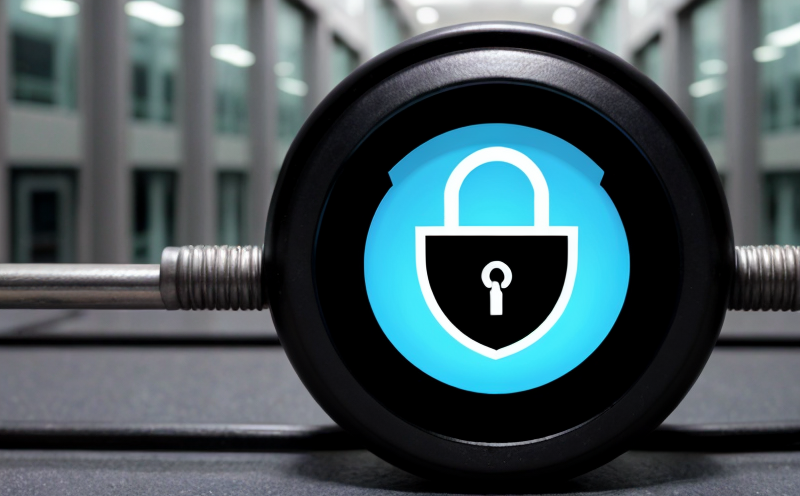NIST SP 800 207 Zero Trust Architecture Audit Testing
The National Institute of Standards and Technology's Special Publication (NIST SP) 800-207 provides a comprehensive framework for implementing and auditing a Zero Trust Architecture. This publication emphasizes the principle that no entity inside or outside a perimeter should be trusted implicitly, but instead, every access to resources must be authenticated, authorized, and continuously monitored.
The NIST SP 800-207 audit testing is designed for organizations looking to evaluate their compliance with this framework. This service ensures that security controls are in place, and the architecture can withstand potential threats while meeting regulatory requirements such as ISO/IEC 27001:2013 and NIST SP 800-53.
Our team of experts will conduct a thorough assessment using industry-standard methodologies to identify any gaps or weaknesses in your current Zero Trust Architecture. We leverage cutting-edge tools and techniques to ensure that every aspect is reviewed, from identity management to continuous monitoring.
The audit process involves multiple stages including initial consultation, onsite assessment, review of documentation, and final reporting. During the assessment, we will test various components such as multi-factor authentication (MFA), least privilege access, and regular security assessments. Our goal is not only to meet compliance requirements but also to enhance your organization's overall cybersecurity posture.
One critical aspect of this audit testing involves evaluating how well the architecture adheres to the principles outlined in NIST SP 800-207. This includes assessing whether your organization has implemented robust identity governance policies, strong encryption practices, and effective threat detection mechanisms. Additionally, we will examine your organization's ability to respond quickly to security incidents and ensure business continuity.
The results of our audit testing are presented in a detailed report that highlights all findings along with recommendations for improvement. This document serves as a roadmap for enhancing your Zero Trust Architecture and ensuring ongoing compliance with current standards and best practices.
Scope and Methodology
The scope of our NIST SP 800-207 audit testing includes evaluating the implementation and effectiveness of a Zero Trust Architecture within your organization. Our methodology follows a structured approach to ensure comprehensive coverage:
- Initial Consultation: We begin by understanding your specific needs and objectives through detailed discussions.
- Onsite Assessment: A team visits your facility to conduct hands-on testing of various security controls.
- Review Documentation: All relevant documents are thoroughly examined for compliance with NIST SP 800-207 guidelines.
The methodology also encompasses continuous monitoring and periodic reviews to ensure ongoing adherence to best practices. By following this structured approach, we can provide you with accurate insights into the current state of your Zero Trust Architecture.
Benefits
Implementing a robust NIST SP 800-207 Zero Trust Architecture audit testing offers numerous benefits:
- Compliance Assurance: Ensures adherence to industry standards and regulatory requirements.
- Risk Reduction: Identifies potential vulnerabilities before they can be exploited by attackers.
- Enhanced Security Posture: Provides a comprehensive understanding of your current security situation.
- Improved Efficiency: Streamlines processes and reduces downtime through optimized workflows.
Industry Applications
| Industry Sector | Specific Application |
|---|---|
| Cybersecurity & Technology Testing | Evaluating compliance with NIST SP 800-207 for secure access control. |
| Healthcare | Ensuring patient data protection and adherence to HIPAA regulations. |
| Fintech & Financial Services | Auditing financial transactions for fraud prevention and regulatory compliance. |
| Government Agencies | Conducting security assessments of classified information systems. |
| Manufacturing & Industrial | Verifying secure access to critical infrastructure and operational technology (OT). |
| Tech Companies | Evaluating cloud-based services for compliance with NIST guidelines. |
| Education | Auditing IT systems to protect student and staff information. |





